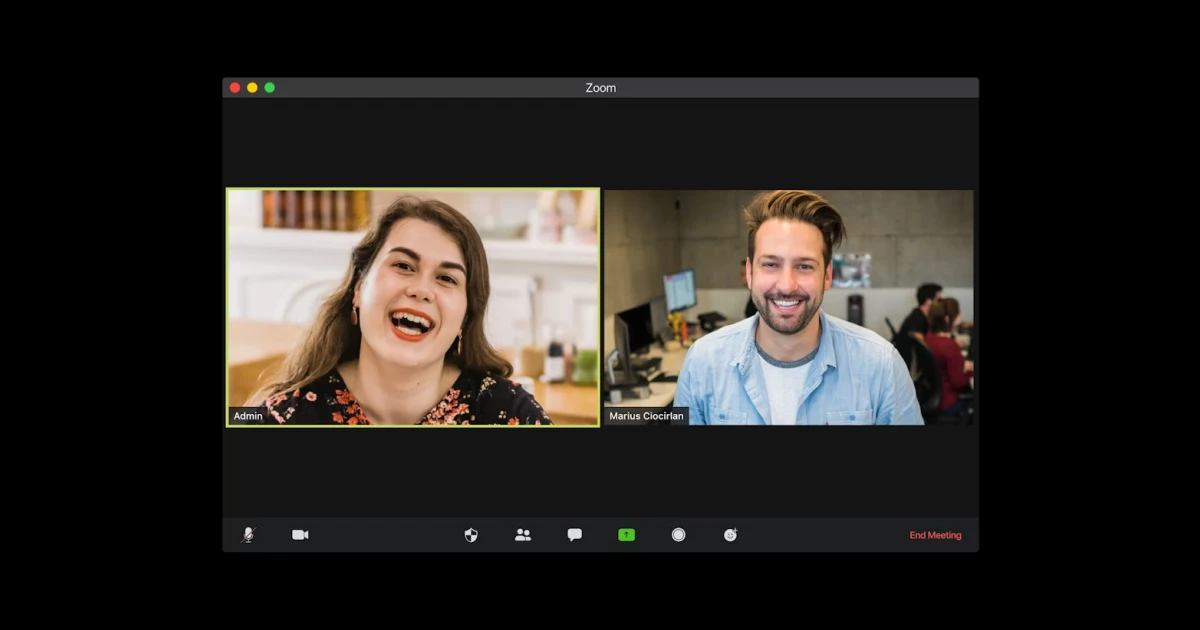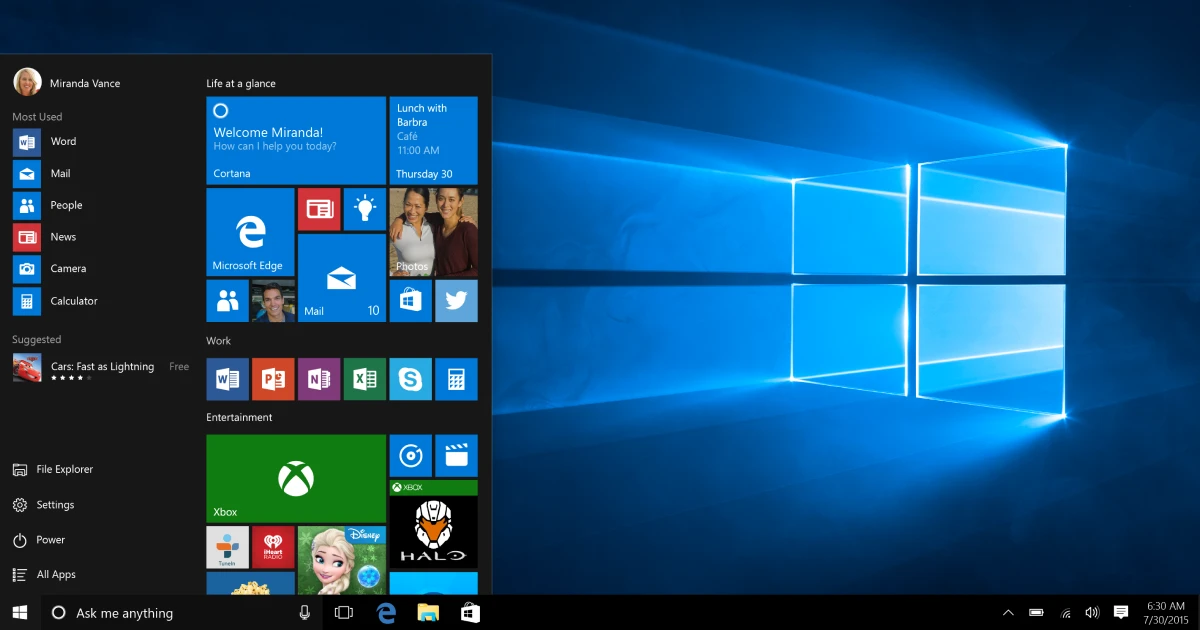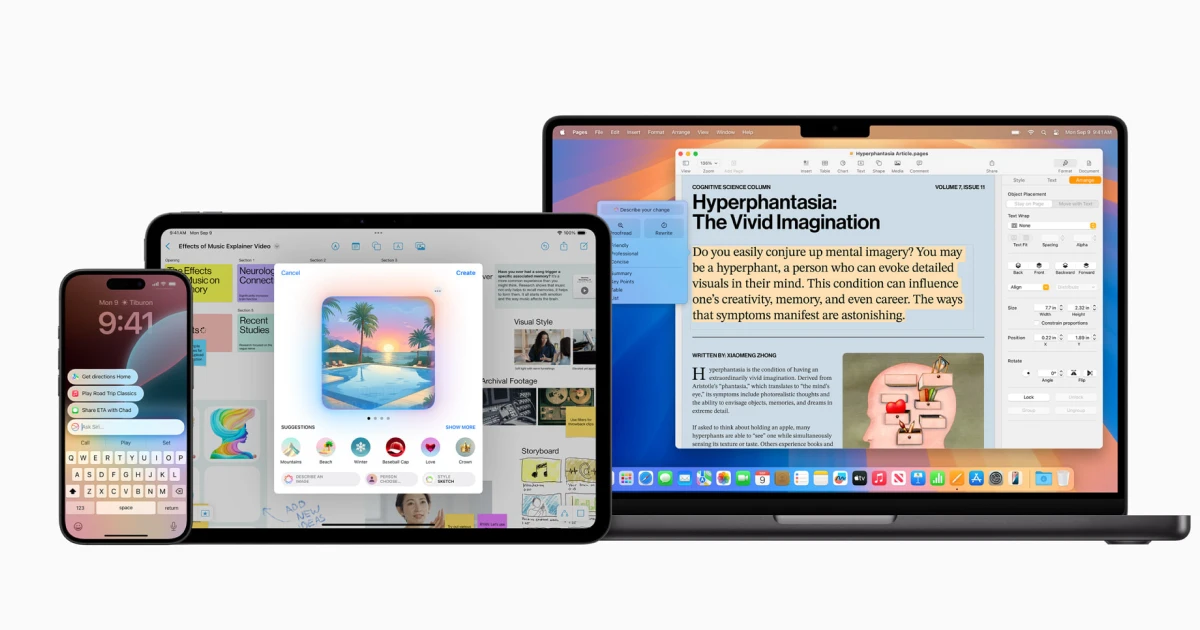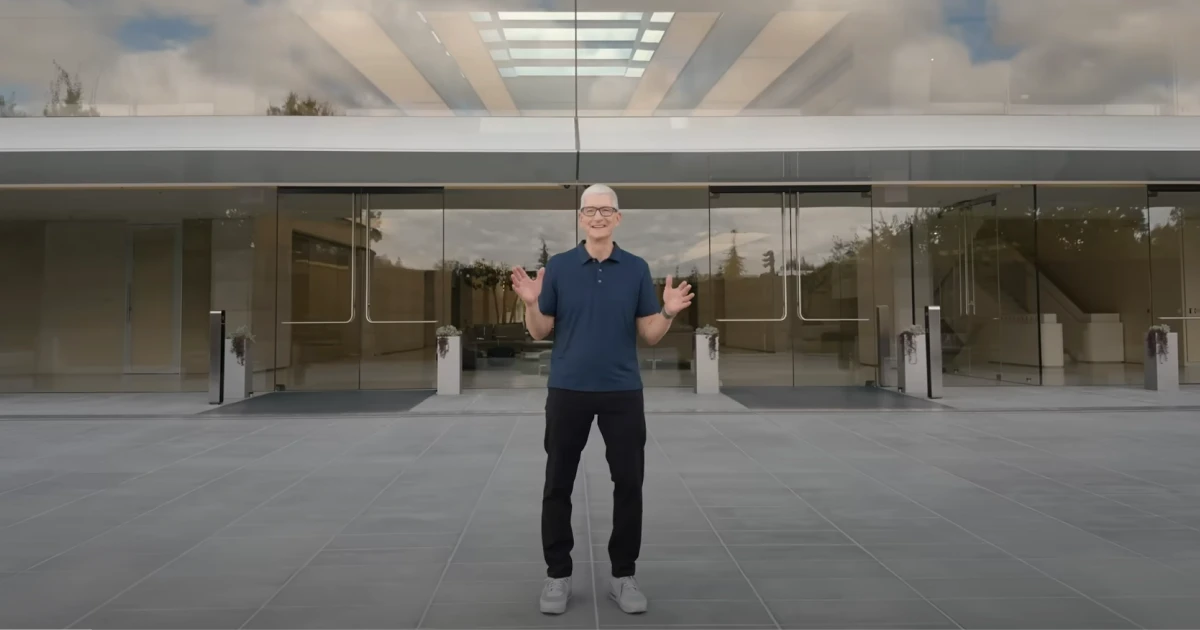Nvidia, which has criticised the export restrictions that were created by the Trump administration in April, then stopped the company from selling its H2O chip in China. It has also introduced a new model tailored to meet regulatory rules in the Chinese market.
As a response, the US government has expressed its concerns that the Chinese military could use AI chips to create weapons.
On Wednesday, Nvidia CEO Jensen Huang is scheduled to hold a media briefing in Beijing, where he will be attending a supply chain expo, marking this trip as his second visit to China, after a trip where he stressed the importance of the Chinese market.
“The Chinese market is massive, dynamic, and highly innovative, and it's also home to many AI researchers. Therefore, it is indeed crucial for American companies to establish roots in the Chinese market,” Huang talked with the Chinese state broadcaster CCTV on Tuesday.
Nvidia has also increased competition from Chinese tech giant Huawei and other creators of graphics processing units, as the chips are used to train artificial intelligence. Yet, Chinese companies are among those big tech firms, still need Nvidia chips due to the company’s computing platform known as CUDA.
It is also worth noting that Huang’s visit has been closely watched in both China and the US, where a bipartisan pair of senators last week sent a letter to the CEO asking him to abstain from meeting companies that are working with military or intelligence bodies.
Research director of semiconductors at Omida, He Hui, said, “The uncertainties between the U.S. and China remain high, and despite a pause in H20’s ban, Chinese companies will continue to diversify their options to better protect their supply chain integrity.”
Even more so, the H2O chip was created specifically for the Chinese market after US export restrictions were integrated in late 2023.














